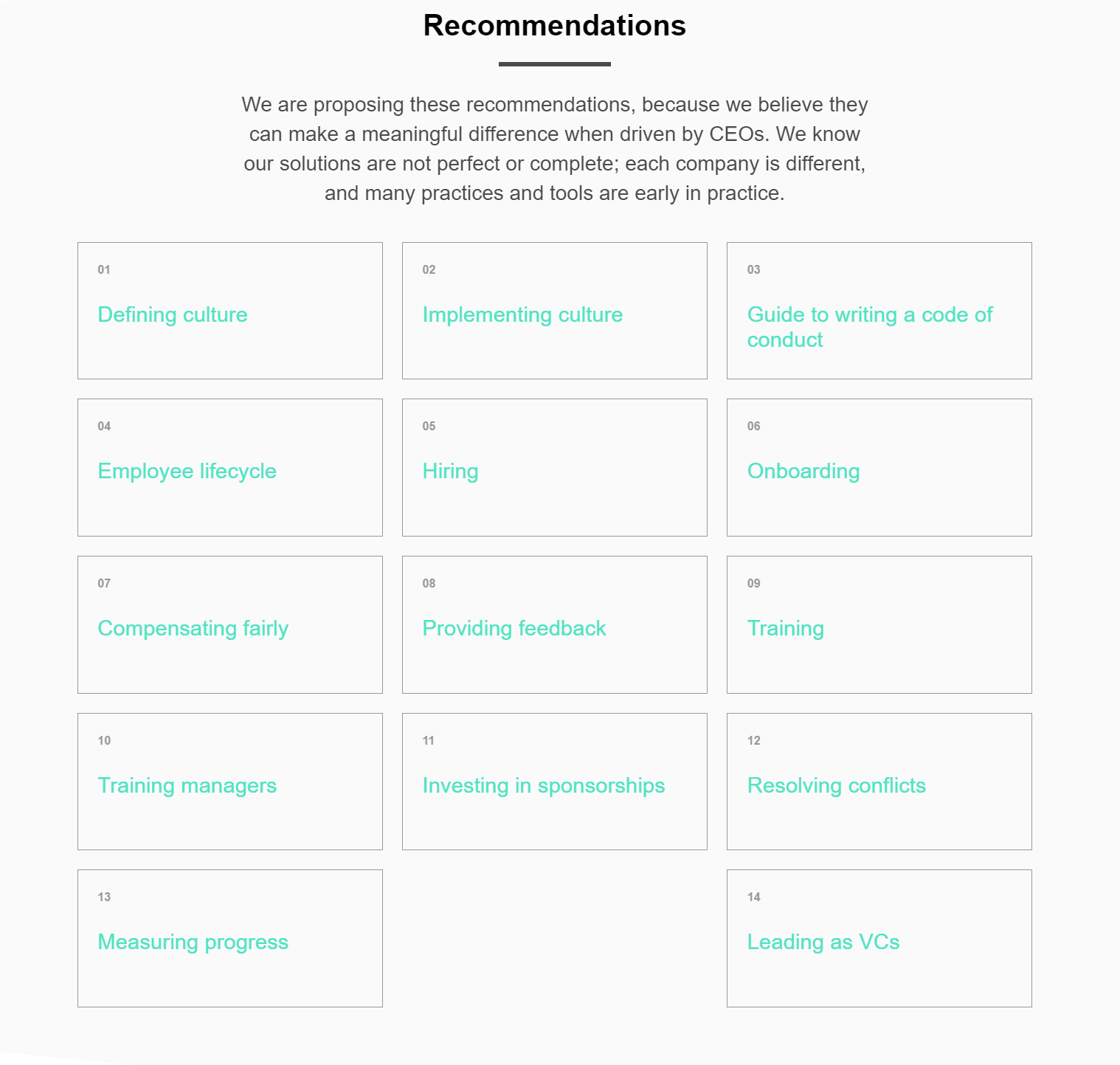Encouraging and retaining more women in Tech: Resources for employers
The tech industry has long faced a significant gender imbalance. In part one of this blog post, Julie Reddish, a passionate advocate for inclusivity, pulled no punches and got straight to the issues that we must address
In this, part two, Julie shares resources and practical steps employers and individuals can take to move the tech industry forward.
(If you missed part one, you can check it out here.)
This is one of a series of Stories from the Field, resources and insights from tech industry professionals, shared to help employers of interns and grads shape and grow our industry.
What are things that employers can do?
How can we make real change? Julie offers a rich list of resources, training and policies that employers and individuals could adopt to make the tech industry more welcoming and supportive for women.
1) Measure and be accountable
“One thing is track everything and be accountable with measures. Get a quota, report to the board. Be accountable to your board on leadership in people and women in tech, and your diversity and inclusion metrics, and what your population makeup is of your company. Work hard to meet your quotas. When you've got a number to go for, and you go like, ‘Wow! We are really low in Pacifika and Māori people,’ then you will take different actions to go find Pacifika and Māori candidates.”
2) Understand Bias
Julie Reddish highlights the importance of understanding inherent biases in people. She explains, "Bias is part of that brilliance in your brain that it's just got some unintended consequences to surface." Julie emphasises that bias is a natural aspect of being human, stating, "Well, I'm always struck by the inherent bias that is present in people, and having that not be wrong." She encourages self-compassion and continuous effort to address injustices, adding, "Allowing yourself to give yourself a break and give people the opportunity to keep seeking out where injustice is." Julie urges us to embrace our biases and use them as opportunities for growth and fairness.
Resources:
https://diversityworksnz.org.nz/events-learning/corporate-training/understanding-unconscious-bias/
3) Training for humans on inclusive practices
Julie underscores the necessity of comprehensive training programs to support women in the tech industry. She states, “To support women we need to have ally skills training, male allies trained. Have emotional intelligence training, unconscious bias training for all!” Julie advocates for ongoing education, emphasising the importance of manager training: “Take manager training seriously, provide ongoing training for managers with being better at their craft of managing humans.” She suggests using resources like "Project Include" for guidance on recruitment, and training. “It was created by some of the best tech minds, for guidance on recruitment questions, writing inclusive job descriptions, working conditions, eliminating bias in resumes, and diverse interview panels."
Resources:
Comprehensive resources on the Project Include website
Male allies leadership group: https://powrsuit.com/male-allies/
4) Mentoring Programmes
“Mentoring and coaching are essential. Have 50% of your mentors be women. Track and train how they all go—actually train people in how to bring different diverse groups up, and how to speak to different learning styles and different brains. Some people need to think out loud, some people need to go and think about it themselves. Celebrate these differences.”
Mentor programmes:
https://techwomen.nz/about-us/our-work/mentoring-circles/
https://womenintech.co.nz/events/
https://www.shesharp.org.nz/mentorship/mentorship-program
5) More support and robust feedback to create safe spaces
Julie emphasises the importance of comprehensive support systems for women in the workplace. She advocates for robust mental health support, period support and leave, and inclusive parental leave policies. “Provide perimenopause and menopause leave training,” she urges, highlighting the need for awareness around these issues. Julie also calls for flexible working conditions and the creation of safe spaces for feedback, including anonymous options: “Create safe spaces for feedback and anonymous feedback, allow anonymous feedback.” These measures, she believes, are essential for fostering an inclusive and supportive work environment.
Resources:
https://projectinclude.org/providing_feedback
Parental leave policies of employers across NZ: https://www.gocrayon.com/
READ MORE! Insights into supporting women in tech in part 1 of this blog post, here.
Julie Reddish: Bio
Julie Reddish is the original Happiness Engineer who cultivates thriving workplace cultures. She has held various leadership roles in major tech companies, focusing on enhancing diversity and inclusion. Julie's career spans software testing, project management, and cultural change initiatives. She is passionate about creating supportive environments for women in tech and has been a prominent advocate for mentorship and sponsorship programs. Julie is a sought-after speaker and consultant, known for her dynamic approach to leadership and her commitment to fostering inclusive workplaces. Connect with Julie on LinkedIn.


